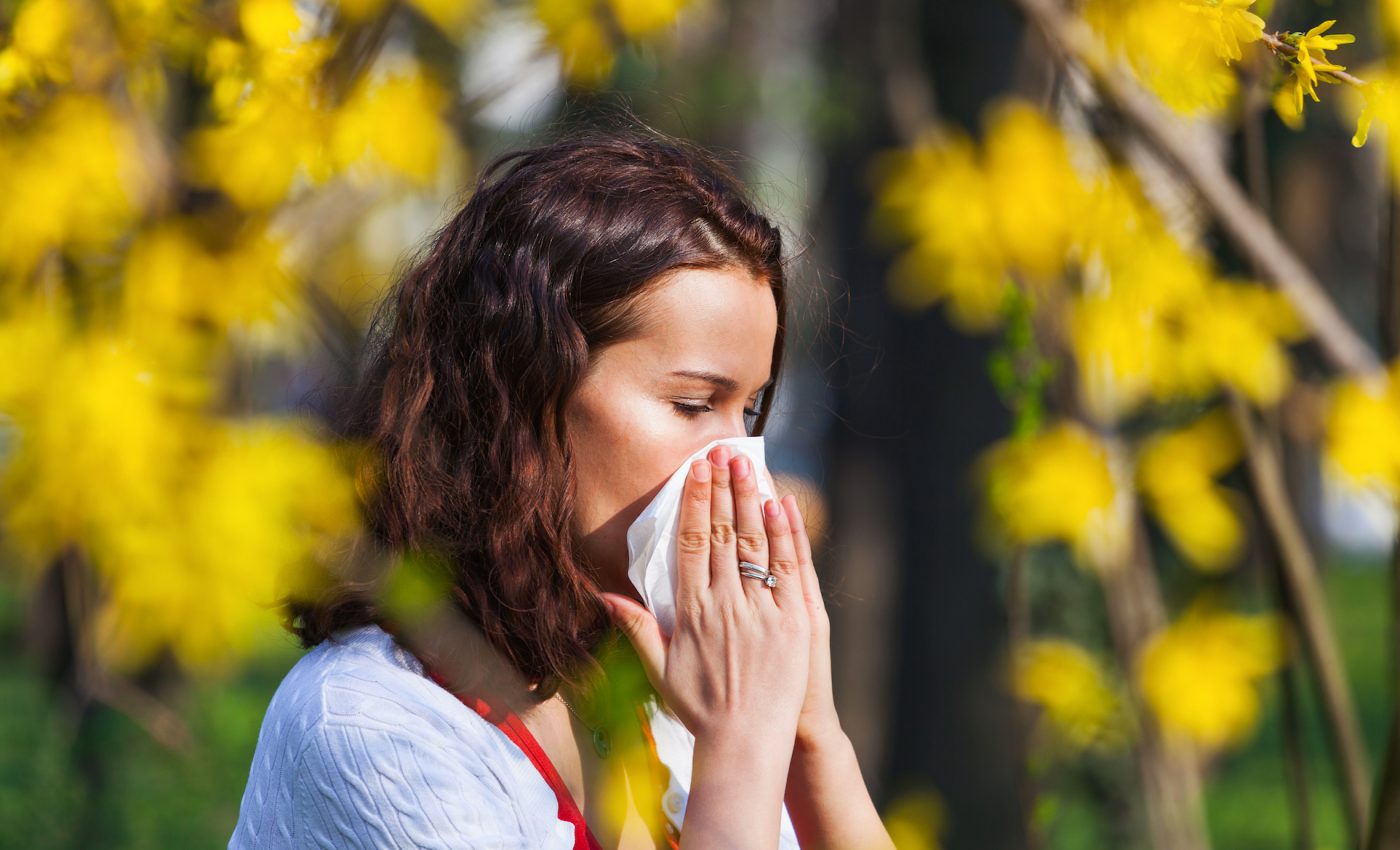
Grass can trigger allergy and asthma symptoms when pollen count is low
A three-year project designed to analyze grass pollen may help to provide more accurate pollen forecasts for asthma and hay fever sufferers. The findings from the first year of the study have revealed that pollen that is released by certain species of grass is contributing to increased asthma attacks and intense hay fever.
“I’m a hay fever sufferer myself, and I know that on some days, despite a high pollen forecast, I can be less affected than on other days when the forecast appears to be lower,” said study lead author Professor Simon Creer of Bangor University. “This led me and others to wonder whether it’s the high load of pollen alone that causes the problem, or whether the different grass pollens cause different levels of reaction.”
Currently, pollen counts measure the load of pollen that is present in the air. The pollen created by individual tree and weed species is distinguishable, yet visually identifying different grass pollens has been nearly impossible.
In the new project, scientists are using a technique called metabarcoding to analyze grass pollens collected over the course of an allergy season. This method enables scientists to automatically identify material caught in a sample of air, water, or soil through its unique DNA “barcode.” As a result, the team can investigate links between certain pollen types and difficult days for allergy and asthma sufferers.
“Bringing a range of specialists together has enabled us to find initial answers,” said Dr. Georgina Brennan. “Our task is now to develop a clearer picture of where the pollen comes from, how it moves through the air and how different types of pollen can be linked to allergies.”
“We are now investigating datasets on hospital admissions and GP prescriptions for certain pharmaceutical products to identify correlations between healthcare data and increases in particular grass pollens,” added Dr. Ben Wheeler of the University of Exeter. “With these new insights into pollen characterization, we are focusing on future implications for pollen warnings and self-care strategies.”
The study is published in the journal Nature, Ecology, and Evolution.
—
By Chrissy Sexton, Earth.com Staff Writer













